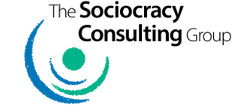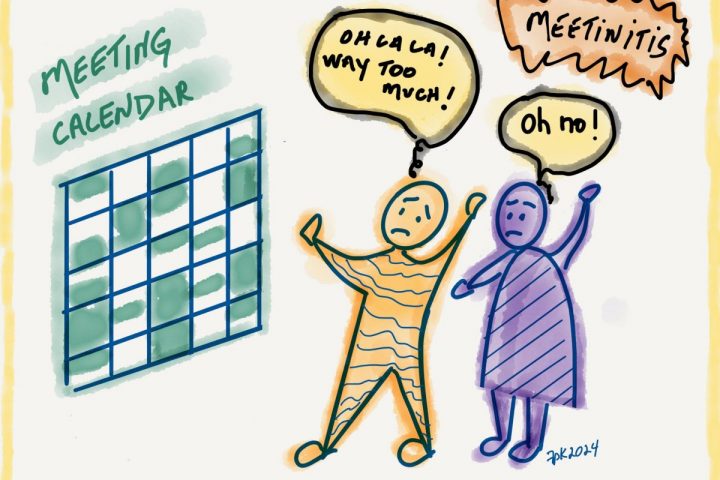
A common question we hear as people are learning consent decision-making goes something like this:
“If we determine that an objection lacks sufficient reason, can we disregard it or not integrate into the proposal?”
In other words – can we classify some objections as simply not worthy of attention? Without actually exploring their connection with the proposal at hand? The question itself deserves closer inspection.
It’s important to distinguish here between two possible cases – wanting to disqualify the objection as an objection, or wanting to explore what if any relevance the objection has to the proposal at hand.
The second option is the sociocratic approach. We engage with curiosity, looking for what the objection might illuminate about the proposal. Is there not enough information for a quality decision? Is there an identified or potential risk we can’t afford to take? Are necessary resources lacking? Has some aspect of the context been missed, or ignored?
We have a conversation – typically in rounds, to generate and maintain equivalence – to explore the objection’s relevance to the proposal. After sufficient consideration, we may find that:
- The objection has no relevance to the proposal. For example, we find that it was based on a misunderstanding.
- The objection’s relevance to the proposal does not require modification and integration. For example, it relates to an operational aspect of implementing the proposal that is already taken care of.
- The objection has essential or crucial relevance to the proposal, and some type of modification and integration is needed to resolve it. For example, an essential resource for implementing the proposal is not yet available.
Regardless of the outcome, we have regarded the objection as fully as we are able at the time. Even if we find it has no relevance, this is very different from disregarding the objection.
What does it mean to disregard an objection? The etymology (word root and origin meaning) of disregard is “treat as unworthy of regard or notice.” If we disregard an objection, we do not even look at it, we do not take notice of what we might learn from it. We dismiss it without consideration.
If we trust that regarding the objection will naturally clarify whether it has value or not, we have no need to ask first whether the objection can be disregarded. We regard it in any case, to find out what it offers, whether that turns out to be nothing useful or something of great value.
In this way, a sociocratic approach renders the original question moot – there is no way to disregard an objection except by first regarding it.
When someone claims that an objection should be disregarded before it has even been explored by the group, that is most often a sign that some other dynamics within the group are in play. Ideally, everyone understands that:
- Objections are valuable because they bring potential for improvement of a proposal.
- Objections must relate with the aims of the group or a role’s ability to do its work.
- Objections – like proposals – belong to the circle once they are put forward in the circle.
With these understandings, there is no reason to fear an objection, or to attempt to disqualify it without consideration of what it offers.
A group that knows the value of objections, and knows how to process them well, also knows that they will identify an irrelevant objection as such simply by exploring what if any relevance it has to the proposal at hand.
For help working with objections and consent decision making in your organisation, contact us for a free consultation.
 John Schinnerer is a culture change agent and whole systems designer working with all aspects of human organizational systems, and a founding member of The Sociocracy Consulting Group.
John Schinnerer is a culture change agent and whole systems designer working with all aspects of human organizational systems, and a founding member of The Sociocracy Consulting Group.



